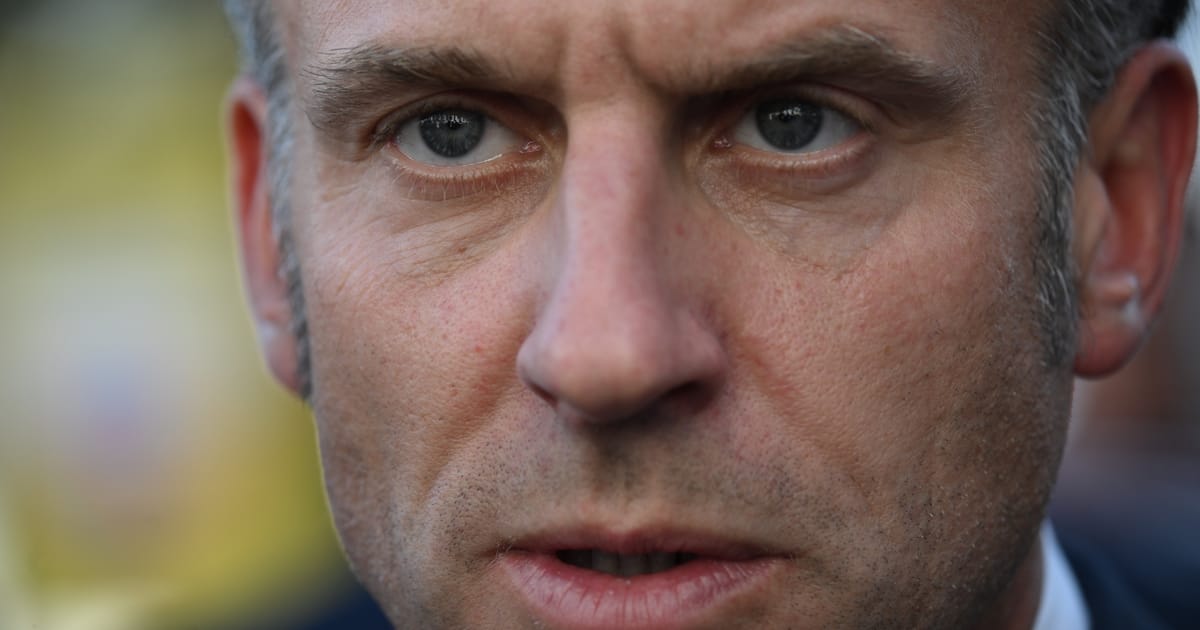

The international trade landscape is witnessing significant shifts as recent policy changes in the United States spark varied responses from trade partners. President Donald Trump is at the forefront of these changes, implementing new trade tariffs affecting countries such as Brazil and South Korea, while simultaneously revamping existing trade rules.
In a notable development, French President Emmanuel Macron highlighted that the European Union’s past negotiations with the United States under President Trump may not have leveraged the EU’s full diplomatic influence. Macron suggested there is still time to negotiate favorable terms, implying that future talks could benefit from a strategic reassessment of the EU’s position to ensure more balanced trade outcomes.
Meanwhile, across the Atlantic, tensions have mounted between the US and Brazil following Trump’s announcement of impending tariffs. Set to take effect on August 1, these tariffs are in part a reaction to the political investigations involving former Brazilian President Jair Bolsonaro, who is accused of orchestrating a coup. In response, Brazilian President Luiz Inácio Lula da Silva has stood firm, expressing resilience against these economic pressures, which are expected to impact Brazil’s trade activities with the US.
The United States also introduced changes to tariff exemptions for low-value overseas packages. Previously, a “de minimis” exemption allowed parcels valued at or under $800 to enter the US without incurring tariffs. Under a new executive order, these parcels will now face full tariff duties starting August 29, marking a substantial shift in the handling of international trade shipments and potentially impacting global e-commerce dynamics.
Further impacting international trade relations, a new agreement with South Korea will see a 15% tariff imposed on imports. This move has been framed as part of an amicable trade arrangement that positions South Korea on equal or potentially favorable terms compared to other trading nations. President Lee Jae Myung of South Korea expressed optimism, noting that the deal ensures competitive standing in the broader trade environment.
These policy shifts come as part of a broader strategy by the Trump administration to recalibrate trade relations and enhance domestic economic advantages. Each affected nation is reassessing its strategies to navigate this evolving scenario, aiming for outcomes that support sustainable economic growth and maintain robust international partnerships.
As the various nations adapt to these developments, a period of adjustment and negotiation is anticipated, where both challenges and opportunities will shape the future of global trade alignments. Stakeholders look forward to constructive dialogues fostering equitable agreements that reflect the interconnected nature of today’s world economy.
Source: {link}
